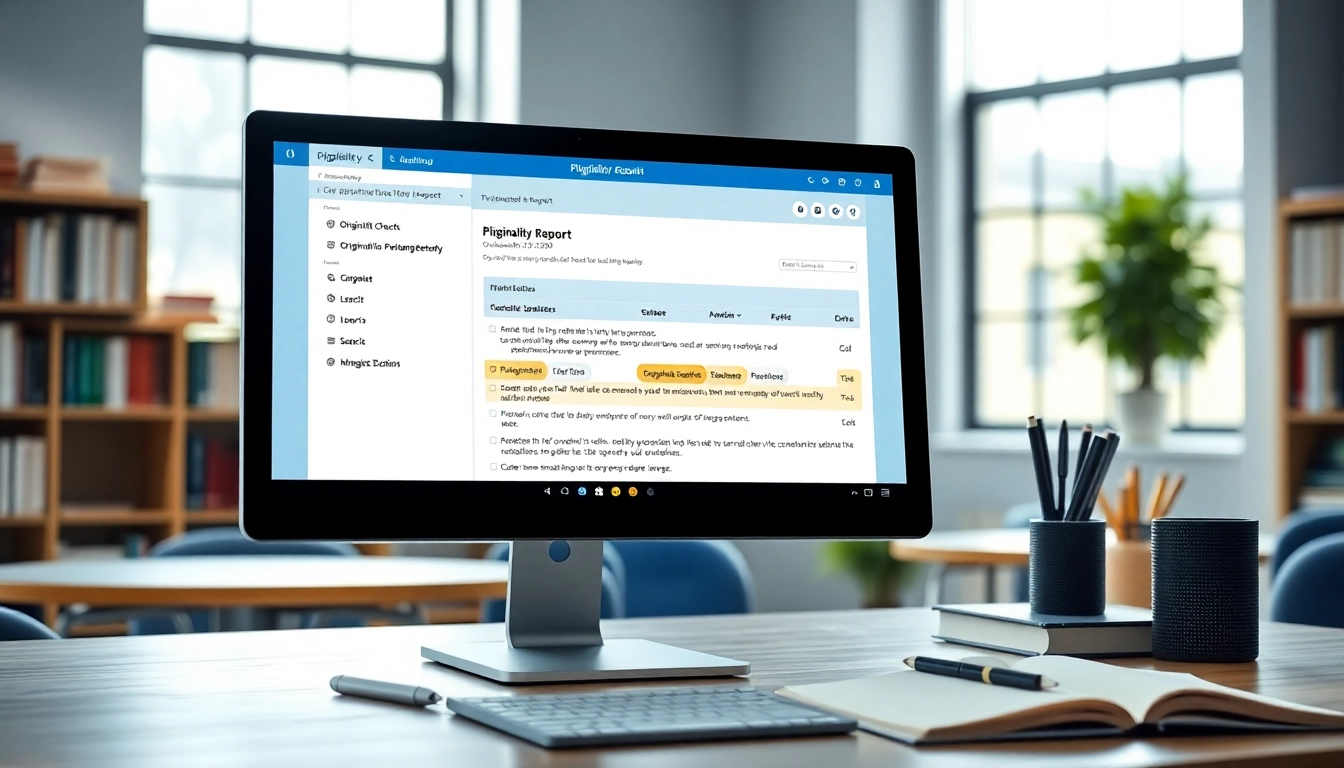Understanding the Basics of Master French
Embarking on the journey to Master French requires a solid understanding of the language’s foundational elements. French, as a Romance language, has its structure, rules, and vocabulary, which serve as the building blocks to achieving proficiency. Whether you are starting from scratch or brushing up on your skills, grasping the basics lays the groundwork for more advanced studies and effective communication.
The Importance of Language Foundation
Every language learner knows that a strong foundation is essential for long-term success. The earlier you understand the basic concepts of grammar, pronunciation, and vocabulary, the easier it will be to tackle more complex topics later on. In the context of French, this foundation includes mastering the alphabet, understanding gendered nouns, and familiarizing yourself with the nuances of verb conjugation.
Key Grammar Rules You Should Know
French grammar can be daunting at first, but it is structured and predictable, making it easier to learn once you understand the basic rules. Here are some vital grammar aspects to focus on:
- Gender of Nouns: Every noun in French is either masculine or feminine. For example, “le livre” (the book) is masculine, while “la table” (the table) is feminine. This distinction affects articles and adjectives.
- Verb Conjugation: French verbs change form based on the subject and tense. Understanding regular verb conjugation patterns across the three groups (-er, -ir, -re) is fundamental.
- Articles: French has definite (le, la, les) and indefinite (un, une, des) articles, which are crucial in indicating specificity.
Common Vocabulary to Get Started
Building an effective vocabulary is a key step in mastering French. Start with commonly used words and phrases that are relevant to daily situations. Here’s a list of essential vocabulary:
- Bonjour (Hello)
- Merci (Thank you)
- Oui (Yes)
- Non (No)
- Je m’appelle (My name is…)
Effective Techniques to Master French Pronunciation
Pronunciation plays a crucial role in mastering French as it influences how well you can communicate and be understood. While French pronunciation may present challenges due to its unique sounds, several techniques can help you improve.
Phonetic Challenges and Solutions
The French language includes several sounds that may not exist in other languages. Some common phonetic challenges include nasal vowels and the French ‘r’. To overcome these, consider practicing the following:
- Nasal vowels: These can be tricky! Listen closely to native speakers and try to mimic their sounds. Practice with words like “vin” (wine) and “pain” (bread).
- The French ‘r’: This sound is produced at the back of the throat. Practice saying it distinctly, focusing on a gentle constriction of your throat.
Listening Practice: Resources and Tips
Listening is just as important as speaking. Utilize various resources to enhance your listening skills:
- French Music: Listening to French songs can familiarize you with pronunciation and vocabulary.
- Podcasts: Find beginner-friendly podcasts designed to teach French or discuss French culture. Listening to these regularly can improve comprehension skills.
- Movies and TV Shows: Watching French films with subtitles can enhance your listening experience while making it enjoyable.
Speaking Exercises for Beginners
To improve your speaking skills, practice speaking as often and in as diverse contexts as possible. Here are a few exercises:
- Read Aloud: Choose a text and read it out loud. This practice helps with pronunciation and increases confidence in speaking.
- Duo Practice: Pair up with a language partner or tutor. Practicing conversations with someone improves fluency and comfort.
- Record Yourself: This allows you to hear your pronunciation and identify areas for improvement.
Immersive Learning Strategies to Master French
Immersion is one of the most effective ways to learn a language. Surrounding yourself with French in various contexts can speed up your learning process.
Engaging with French Media
Engaging with media in French helps you absorb the language naturally. Consider the following practices:
- Reading French Literature: Dive into French books, magazines, or blogs. Select reading material based on your interests to enhance motivation.
- Watching French News: Stay updated with news in French. It not only enhances your vocabulary but also keeps you informed on current events.
- YouTube Channels: Explore channels dedicated to teaching French, as well as those that showcase French culture and lifestyle.
Finding Language Exchange Partners
Language exchange partnerships allow you to practice speaking with native French speakers while helping them learn your language. Ways to find partners include:
- Language Exchange Apps: Utilize apps specifically designed for language exchange, connecting you with individuals globally.
- Social Media Groups: Join Facebook or LinkedIn groups focused on language exchange in French.
Participating in French-speaking Communities
Connecting with French-speaking communities in your area or online can provide rich opportunities for real-life practice. Explore local meetups, community events, or online forums dedicated to French culture.
Advanced Skills to Achieve Master French
Once you’ve built a solid foundation and engaged in immersive practices, focus on advanced skills to further enhance your mastery of the language.
Literary and Cultural Studies in French
Diving into French literature and culture deepens your understanding of the art and nuances of the language. Consider studying various genres of French literature, from classic to contemporary, and exploring cultural paradigms.
Writing Proficiency: Crafting French Essays
Writing essays in French allows for the application of grammatical knowledge and vocabulary in structured forms. Start with short paragraphs, increasing complexity over time, and focus on clarity of expression.
Preparing for Fluency: Certifications and Tests
As you advance towards fluency, consider preparing for recognized proficiency tests, such as the DELF or DALF, which evaluate your listening, speaking, reading, and writing abilities in French.
Maintaining Mastery of French Over Time
Achieving fluency is just the beginning; maintaining that skill is crucial for continued success. Here are strategies to keep your proficiency intact.
Consistent Practice: Daily Habits
Individual practice helps solidify skills and build confidence. Incorporate daily habits such as:
- Journaling in French: Write about your day or express your thoughts in a French journal.
- Set Language Goals: Establish specific goals and track your progress, focusing on areas you find challenging.
Utilizing Technology for Continued Learning
Leverage technology to enrich your learning experience. Online courses, language learning apps, and virtual reality experiences provide new angles and access to resources that can enhance your studies.
Travel and Living in French-Speaking Regions
If possible, immerse yourself in a French-speaking environment. Travel to a French-speaking country or participate in study-abroad programs to practice the language in real-life situations.
Mastering French doesn’t happen overnight; it’s a gradual process filled with exploration and discovery. By dedicating time and effort to the foundational and advanced techniques outlined above, you can achieve both proficiency and cultural fluency in this beautiful language.



